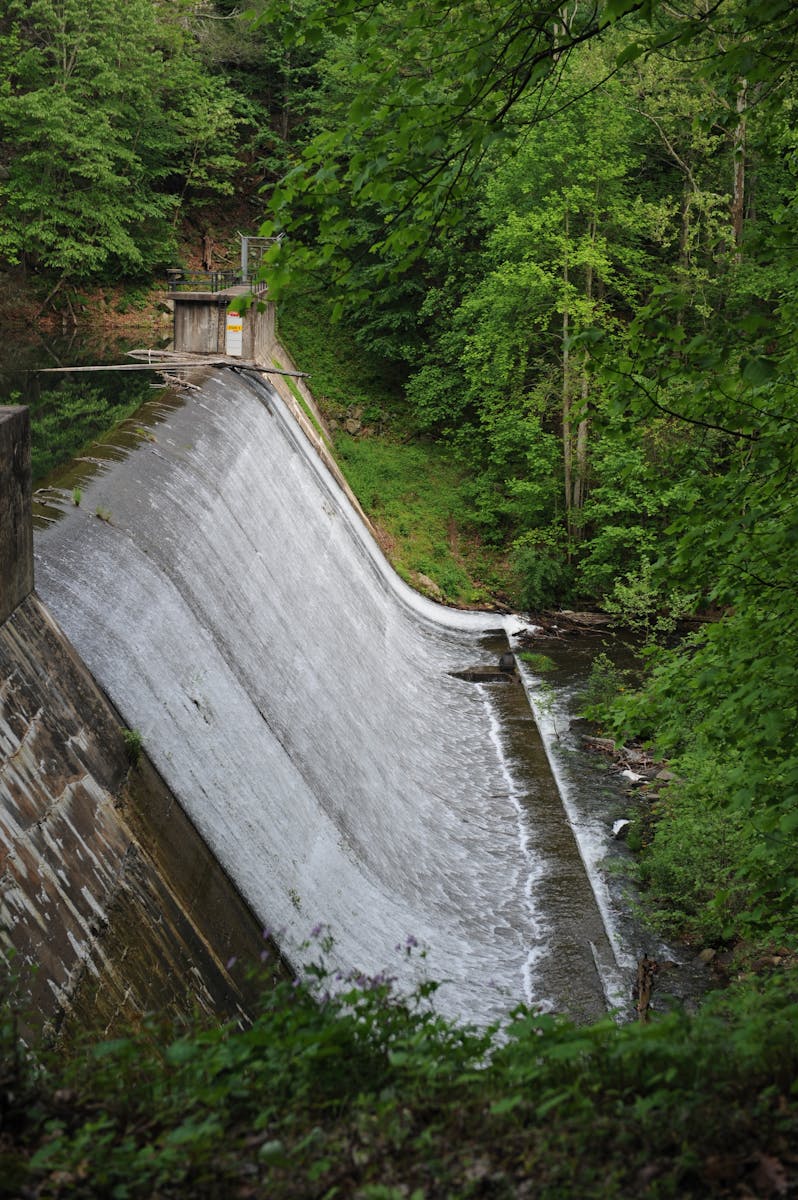Allergy Tips Near Allergy-Proofing Your Virginia Garden: Tips for Allergy-Friendly Plants
Allergy-Proofing Your Virginia Garden: Essential Tips for Choosing Allergy-Friendly Plants in Virginia to Create a Beautiful, Allergy-Proof Outdoor Space for Your Family’s Health and Enjoyment
Allergy Tips for a Healthier Life in Virginia
Living in Virginia comes with many advantages, from beautiful landscapes to a vibrant community. However, seasonal allergies can be a challenge for many residents. Understanding effective Allergy Tips is essential for enjoying the great outdoors without the discomfort that pollen and other allergens can bring. This guide will provide you with valuable insights on how to manage your allergies, focusing on allergy-proofing your Virginia garden with allergy-friendly plants.
Understanding Allergies in Virginia
Allergies can be triggered by various factors, including pollen from trees, grasses, and weeds prevalent in Virginia. Knowing the timing of pollen release can help you prepare and minimize exposure. Here are some common allergens in the region:
- Tree pollen in early spring
- Grass pollen in late spring and early summer
- Weed pollen in late summer and fall
Allergy-Proofing Your Virginia Garden
One proactive approach to reducing allergy symptoms is to create an allergy-friendly garden. Allergy-Proofing Your Virginia Garden: Tips for Allergy-Friendly Plants is essential for those seeking to cultivate a beautiful outdoor space without exacerbating allergy issues. Choosing the right plants is a key strategy. Here are some plants that are less likely to trigger allergies:
- Annuals like Marigolds and Petunias
- Perennials such as Coneflowers and Daylilies
- Ground covers like Creeping Thyme and Moss
Landscaping Techniques for Allergies
In addition to selecting allergy-friendly plants, specific landscaping techniques can further help in managing allergens. Consider the following Allergy Tips:
- Group plants that attract pollen away from high-traffic areas.
- Use mulch to suppress weed growth and minimize pollen spread.
- Maintain your garden regularly to reduce overgrowth, which can harbor allergens.
Timing Your Gardening Activities
When it comes to gardening, timing is crucial. It is advisable to work in your garden during times when pollen counts are lower, typically early in the morning or after rain. This practice not only protects you but also promotes a healthier growing environment for your plants. Implementing effective Allergy Tips can make a significant difference in your gardening experience.
Indoor Allergy Management
While outdoor allergies are a concern, indoor allergens should not be overlooked. Regular cleaning, using air purifiers, and maintaining proper humidity levels can significantly reduce indoor allergens. Consider these strategies:
- Vacuum with a HEPA filter
- Wash bedding regularly in hot water
- Keep windows closed during high pollen seasons
Consulting Local Experts
For personalized advice on managing allergies, including Allergy-Proofing Your Virginia Garden: Tips for Allergy-Friendly Plants, consulting local experts can be invaluable. They can provide tailored recommendations based on your specific needs and local conditions, ensuring your garden and home remain enjoyable and allergen-free.
Conclusion
Taking proactive steps to manage allergies is essential for a healthier lifestyle in Virginia. By implementing the Allergy Tips discussed here, including making your garden allergy-friendly, you can enjoy the beauty of nature without the discomfort of allergies. For more expert advice and tailored strategies, exploring local resources can lead to significant improvements in your quality of life.
Keywords: allergy tips, allergy-proofing, Virginia garden, allergy-friendly plants, gardening advice, seasonal allergies, hypoallergenic plants, Virginia wellness hub, outdoor allergies, pollen reduction, garden design, plant selection, allergy management, landscaping tips, allergy solutions
news via inbox
Stay Connected
Specializing in:








